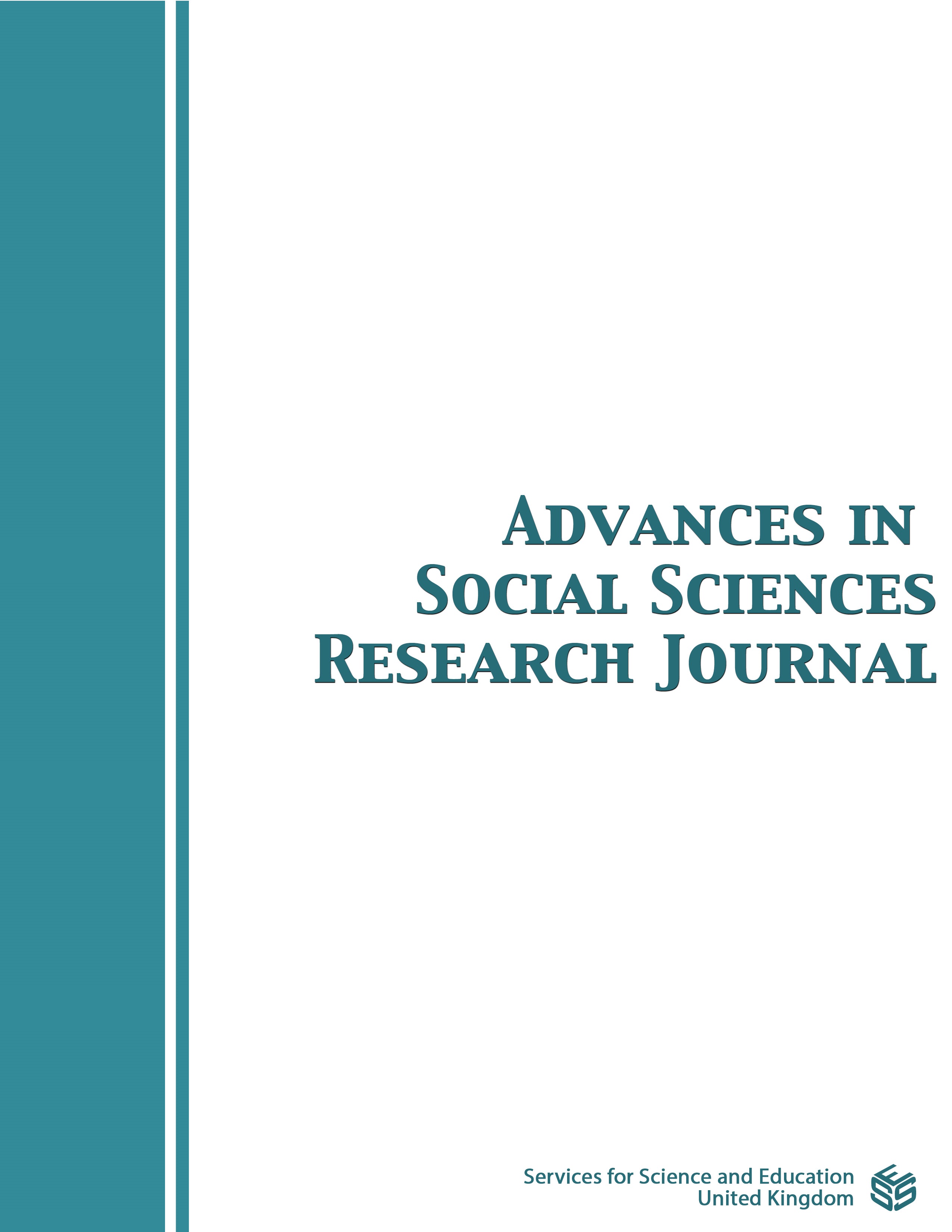Integrated Intermodal Model of Online Teaching-Learning: A Proposal Focusing on Edu-Communication and Online Interactions
DOI:
https://doi.org/10.14738/assrj.1011.15887Keywords:
Online Education, Learning Theory, Learning Design, Interaction, Edu-communicationAbstract
The advent of the pandemic in the years 2020-2021 further deepened the discussion about educational design that was guided by educational communicative practices. The objective of this work was to develop an online teaching-learning model focused on interaction and edu-communication. The study followed the Integrated Mixed Research Strategy in five stages. Firstly, the problem and objectives of the research were identified, by surveying the theoretical framework. Next, a qualitative field study was conducted with qualitative meta-synthesis and content analysis. The information collected revealed a correlation between the content of the articles and the main approaches in the theoretical foundation, pointing to a collaborative learning model in online teaching, with a focus on learning communities, modularization of objectives and content, and emphasis on interaction, being observed a lack in the methodological area of edu-communication and interrelations with interaction. To develop the Integrated Intermodal Model of online teaching-learning, concepts from convergent approaches and theories from the meta-synthesis sample were added. This resulted in a prototype of online educational design for flexible, digital environments, supported by ICTs, promoting reflection, interaction, autonomy, and dialogue. It is important to highlight that the model requires additional replication, review, testing, and validation.
Downloads
Published
How to Cite
Issue
Section
License
Copyright (c) 2023 Raffael Gonçalves Motta, Almira Alves dos Santos, Rozangela Maria de Almeida Fernandes Wyszomirska

This work is licensed under a Creative Commons Attribution 4.0 International License.
Authors wishing to include figures, tables, or text passages that have already been published elsewhere are required to obtain permission from the copyright owner(s) for both the print and online format and to include evidence that such permission has been granted when submitting their papers. Any material received without such evidence will be assumed to originate from the authors.






